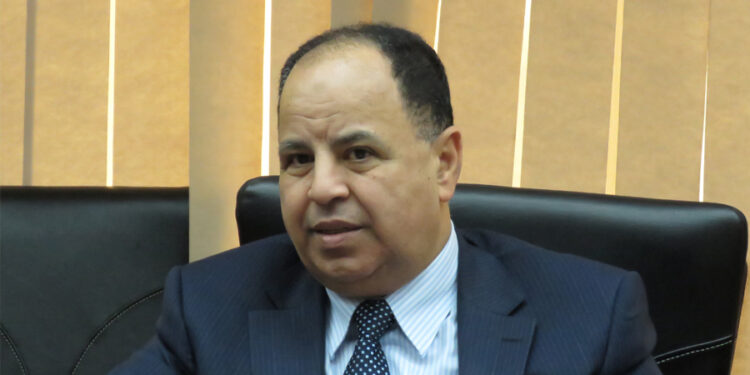By Ebi Kesiena
Egypt is considering regular reviews to increase the “zero-tax bracket” in response to inflation rates as part of a new income tax bill, Finance Minister Mohamed Maait announced on Monday.
In line with presidential directives to support low and middle-income earners amidst external and internal economic challenges, the new income tax bill aims to reduce the tax burden on these workers in both public and private sectors, according to a statement from the Ministry of Finance.
“This will be achieved by restructuring the salary tax brackets to ensure social justice and considering regular reviews to increase the ‘zero-tax bracket’ in line with inflation rates,” Maait stated, adding that the new bill does not propose any increase in income tax rates, including the upper bracket.
The bill seeks to define taxable incomes more clearly, simplifying the tax system and providing greater certainty.
According to Maait, there will be a social dialogue and consensus on the bill or any tax amendments before they are referred to the cabinet and the House of Representatives.
He explained that there had been prior agreements with business representatives on the necessity of drafting a new income tax law that reflects global best practices and aligns with international changes. The new law aims to address practical challenges encountered while implementing the current law, which has been amended numerous times over the past 20 years, and supports efforts to digitize tax systems for greater fairness and accuracy.
The minister also highlighted the success of the unified payroll tax system, which electronically calculates taxes on salaries and wages across all sectors without human intervention. This advanced system has provided data that justified raising the tax exemption limit.
The tax exemption limit for all state workers, including those in the private sector, has been increased by 73 percent.




































